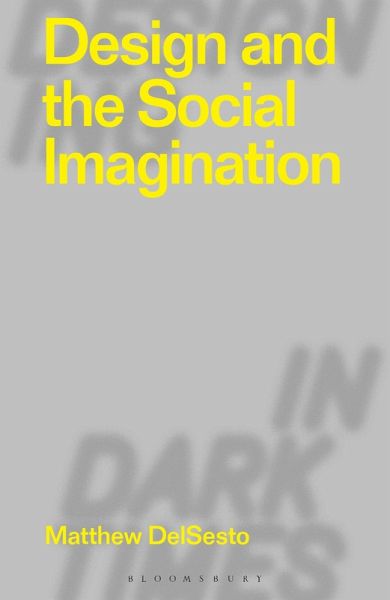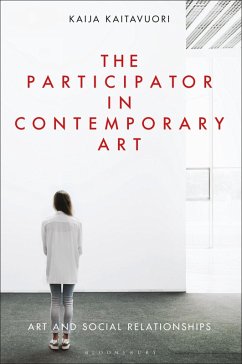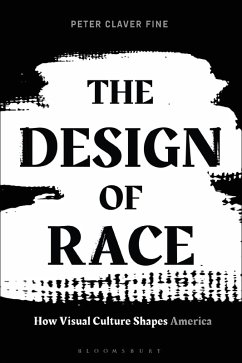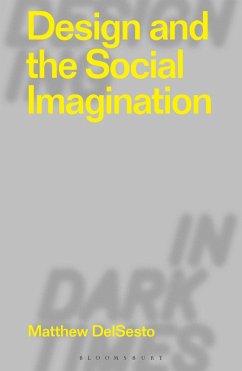
Design and the Social Imagination (eBook, PDF)
Versandkostenfrei!
Sofort per Download lieferbar
13,95 €
inkl. MwSt.
Weitere Ausgaben:

PAYBACK Punkte
7 °P sammeln!
How can social theory help us all design solutions to address the social, political and ecological challenges that confront us, and build more sustainable communities? Design professions have typically been associated with intervention and action, while social science has long been associated with thought and reflection. Design and social thought are too frequently considered distinct in terms of how theories can be applied in practice. Design and the Social Imagination brings together the creative, action-oriented sensibility of design with the reflective, analytical capacities of the social ...
How can social theory help us all design solutions to address the social, political and ecological challenges that confront us, and build more sustainable communities? Design professions have typically been associated with intervention and action, while social science has long been associated with thought and reflection. Design and social thought are too frequently considered distinct in terms of how theories can be applied in practice. Design and the Social Imagination brings together the creative, action-oriented sensibility of design with the reflective, analytical capacities of the social sciences to offer models, ideas and strategies for shaping the future of the world we live in. In a world of global economic inequality, racism, and environmental degradation, designing with an understanding of our social reality is increasingly crucial to our survival. Matthew DelSesto explores current practices and discourses in areas of urban design, design for social innovation, environmental design, co-design, service design, and more, illustrating how thoughtful design can contribute in a more productive way. Drawing on a range of theory and practice from radical social thinkers C. Wright Mills, Patrick Geddes, Jane Addams and W. E. B. Du Bois, his book shows us how design and the social sciences can interact in order to intervene in the crises we face today.













